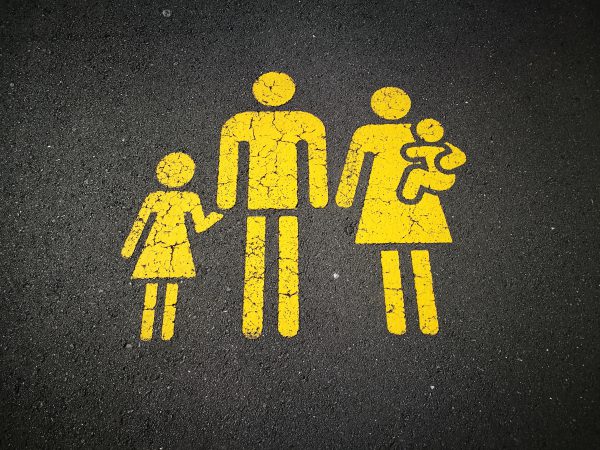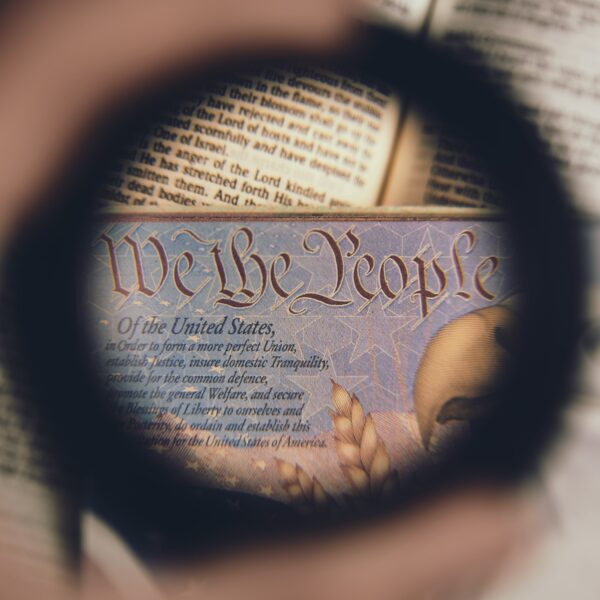
It is only in the memories of Jesus the fully human that we can find what I argue is the greatest power of the Passion for human lives held captive by the oppressive forces of Empire: the strength to face our crippling fear, stare the full oppressive might of the state in the face, and refuse to cede our full humanity – our joy, love, compassion, and hope – in service to the state’s liturgies of violence and fear.

Unlike the other covenants of the Hebrew Bible, Jeremiah’s new covenant does not focus on intermediaries, or written tablets, or monarchy, or temple, but on the divine self.

During this season of Lent the pandemic gives us quite a taste of the Exodus journey of our mothers and fathers in the faith. Even though there are signs of hope (the vaccine being one of them), we are like those walking around in the wilderness without having much hope or orientation.

If God invites dialogue and intervention and is moved by human persons, God is thus open to changing God’s mind. This picture of God has implications for human interactions. In cultural and political movements, people often make up their mind and are unpersuaded by what other people say or do. When these others are suffering others, being unpersuaded is a mark of tyranny. When evidence of malevolent intention is presented and the evidence is brushed aside in favour of aligning with larger—national or otherwise—interests, impassibility is a crime.

Jesus and his disciples can be seen to both affirm and expand the construction of first-century family, even as they are not limited by it. Such a reading of Mark complicates any single definition of “biblical family” in favor of recognizing the fluid and constructed nature of family systems across time.






